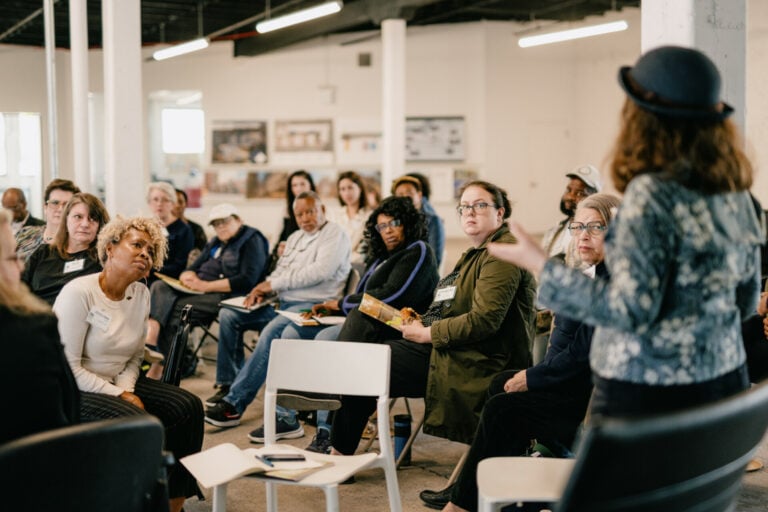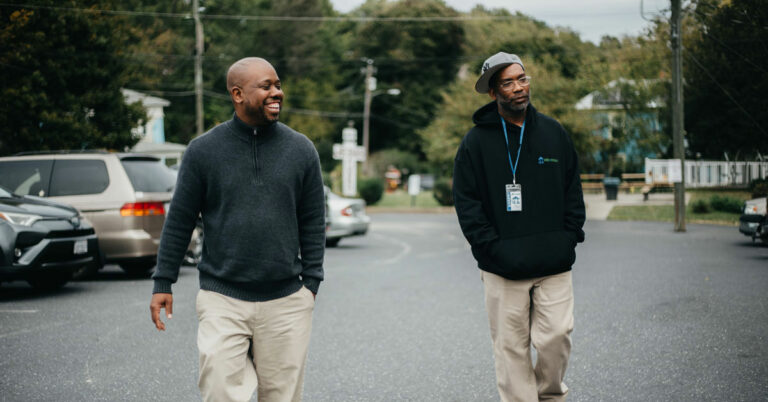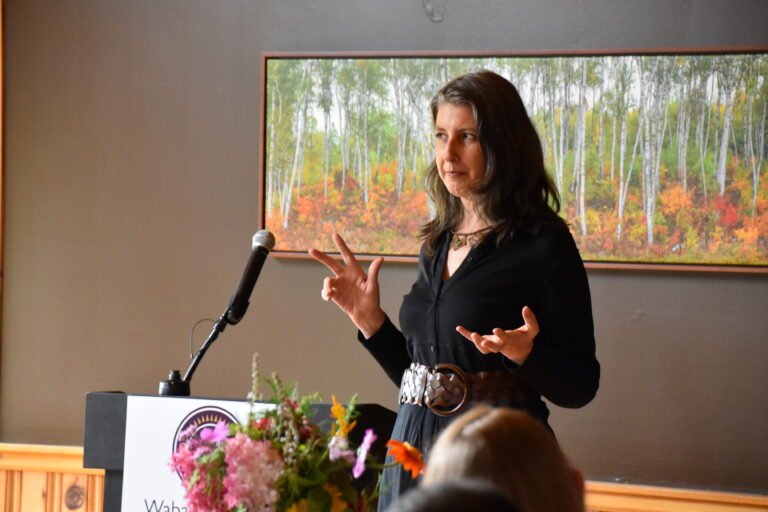What are the most important issues in your community and how do you think your foundation can make a difference? Would your answer to those questions be the same as the answers from residents of the community you serve?
ACT for Alexandria (ACT), a community foundation that serves Alexandria, Virginia, a city with 160,000 residents in the Washington D.C area, set out to answer those questions last year as part of our strategic planning process. We were in a good position to do so after taking important lessons from an earlier — and stalled — initiative meant to bring community participation into our decision making.
Engaging stakeholders always has been core to our organizational DNA and desire to be responsive to the critical issues in our communities. But we have learned in recent years that the most effective kind of listening must be earned.
In 2020, motivated by how communities were being disproportionately impacted by the pandemic, and as part of the country’s racial reckoning following the murder of George Floyd, we wanted to expand our work addressing racial inequity. A generous donor partnered with ACT to establish a Fund for Racial Equity, and we agreed the fund would be community-centered and a model of participatory grantmaking, with residents and people most negatively impacted by systemic racism setting priorities and making decisions about funding.
One of our first activities was to host a virtual focus group with community leaders to inform the process, structure, and approach for the fund. Community leaders provided eye-opening, direct feedback. They shared frustrations with previous community engagement initiatives in Alexandria. They spoke about their fatigue with extractive processes and cynicism for efforts that didn’t lead to meaningful change. They challenged our assumptions about our visibility and depth of relationships and politely asked us to consider why residents who have never had any interaction with our organization would want to participate. The bottom line: despite our good intentions, we were not ready. We didn’t have the trust and relationships to realize our vision for participatory grantmaking.
Engaging stakeholders always has been core to our organizational DNA and desire to be responsive to the critical issues in our communities. But we have learned in recent years that the most effective kind of listening must be earned.
The feedback felt discouraging, but it was a gift. We didn’t abandon our vision. We were forced to slow down the work and shift our expectations on timeline and approach. We prioritized relationship building and partnership in our day-to-day work and created space for community voice in all that we do – specifically in how we worked with and supported community-based organizations. For example, we partnered with the Alexandria Health Department to fund community organizations to conduct vaccine outreach with hard-to-reach communities. We partnered with the local city government to host discussion sessions about priorities for American Rescue Plan Act funding. We collaborated with resident leaders and nonprofits to host focus groups to inform a new guaranteed income pilot. All of these efforts helped us raise our profile and resulted in increased calls from community members navigating the social safety net and seeking assistance. As we connected, listened, and acted in ways that led to increased resources and support, we built trust.
In October 2022, we decided it was time to craft a new strategic direction for ACT. Inspired by the principles of participatory research and peers at New Hampshire Charitable Foundation and the Greater Rochester Health Foundation who had explored ways of sharing power with community, our board agreed to try a different approach to strategic planning — one that not only centered community voice, but also put decision-making power into the hands of community members and stakeholders.
We engaged consultants Community Wealth Partners (CWP) and Dax-Dev to help us lead the process. We started by recruiting a planning team that was composed primarily of Alexandrians with lived experience at the intersection of race, immigration, and poverty. After carefully crafting a job description, we put out a call for applications and received nearly two dozen responses. We selected eight people who inspired us by their commitment to the community and desire to get involved. They were racially and ethnically diverse and represented different neighborhoods. We facilitated their participation with a stipend and reimbursement for childcare and transportation expenses. They were joined by three nonprofit representatives (supported by grants to their organizations), as well as one fund holder, one donor, two board members, and three staff. The planning team met regularly between October 2022 and May 2023.
With guidance and support from the consultants, the planning team crafted survey questions, organized focus groups, attended community meetings, and collectively engaged nearly 300 people. They analyzed data, debated priorities, and crafted a new vision statement for ACT: Alexandria is a just, vibrant, equitable place where all who live and work here thrive and feel like they belong. The planning team presented a new strategic imperative centered on the economic well-being of all Alexandrians, including a focus on systems change, access to affordable housing, and narrative change through storytelling.
At first, the planning team’s recommendations were not universally embraced by ACT’s board and staff.

Some board members were concerned about potential negative reactions from donors and other stakeholders. Staff worried that we might not be able to follow through on the ambitious recommendations, setting ACT up for failure and damaging the trust we had built with planning team members.
Ultimately, after a lot of debate and discussion, we maintained the integrity of the process and our commitment to the planning team. We considered existing priorities and capacity and developed a phased plan to let go of some things to make space for the planning team’s recommendations. The board unanimously adopted the planning team’s recommendations, which became the cornerstone for our new strategic plan. The process and plan were inspiring. We have deepened our engagement with and support from donors and stakeholders excited about the new strategy.
After the process, participants told us they had more agency in shaping community priorities and were more likely to engage in other community-based planning initiatives. And the process, which had been informed by our earlier shortcomings around community-centered work with the 2020 Fund for Racial Equity, reinvigorated that initiative. Six of the planning team members with lived experience decided to continue to partner with ACT to form our inaugural community advisory board for the Fund for Racial Equity.
It took three years and the efforts and lessons around the participatory strategic-direction work for ACT to gain the community’s trust enough to partner in the fund’s grantmaking as we had originally hoped. And three years from now? We have a deepened commitment for and plans and objectives around more and more community-centered partnerships and participation throughout our foundation, But, as we have learned, our thoughtful intentions are only part of the equation. Wherever we land and whatever our impact may be, our next steps will be determined by what we learn and where our community takes us.
Insights from ACT’s journey toward more community-based decision making and power sharing:
• Funders must be open to hearing what the community tells them and to follow through. There were several points along our journey where community members delivered some tough messages. And at times, their ambitious vision for what needed to be prioritized was daunting. Ceding power required us to put others in the driver’s seat and be open to going in a different direction.
• It takes a lot of time, intentionality, and skill. Our strategic planning process could not have happened three years earlier. We weren’t ready and the community knew it. We had to slow down and shift our approach. We also had to bring in partners like CWP with expertise in facilitation and participatory research.
• Alignment requires that funders ask their staff and board to put as much time and engagement effort into the process as they ask of the planning team. If we had created more opportunities for all participants to engage and debate ideas together, it would have helped the board and staff more readily understand and support the recommendations.
About the author:







